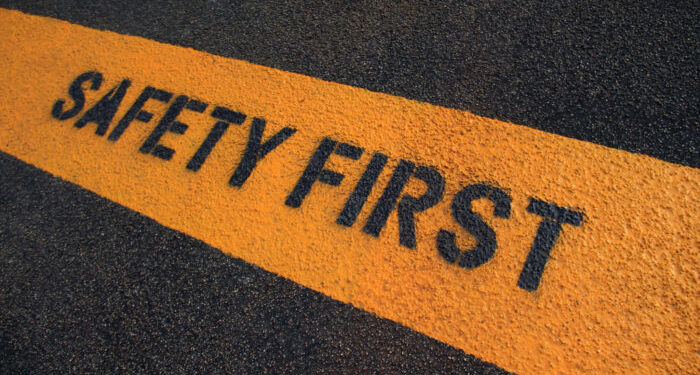A Hong Kong registered oil tanker collided with two fishing vessels in the waters of Japan Sea. Due to the collision, one of the fishing vessels capsized with a total of 13 lives lost aboard.
The incident
As the Hong Kong Merchant Shipping informs, a Hong Kong registered oil tanker collided with two fishing vessels engaged in trawling in the waters of Japan Sea.
When the vessel transited a corridor of dense fishing traffics, it made a succession of small alterations of its course with autopilot system, and passed through fishing vessels in close distance.
As it was the give-way vessel in the incident, the vessel turned to starboard side after touching the first fishing vessel, attempting to keep the second fishing vessel on her port side.
Finally the second fishing vessel was hit and capsized, resulting in the loss of 13 lives on board.
Probable cause
The investigation revealed that the main contributory factors of the accident were the following:
- The vessel failed to implement the Safety Management System (SMS) effectively as shown from its inappropriate navigational watchkeeping arrangements. Without following the requirement of maintaining a proper look-out in the hours of darkness, the chief officer in charge of the navigational watch of the vessel was the sole look-out at the time of the incident. Moreover, the chief officer failed to follow the master’s instruction to notify him when encountering dense traffic of fishing vessels, in which a proper Closest Point of Approach (CPA) and Time to CPA (TCPA) could not be maintained;
- The ship failed to take appropriate actions to avoid collision in accordance with the requirements of the Convention on the International Regulations for Preventing Collisions at Sea, 1972 (COLREGS);
- Because of the failure of situation awareness, the search and rescue operation was not conducted immediately after the accident as the chief officer of the vessel failed to report the disappearance of the capsized fishing vessel to the master.
Lessons Learned
In order to prevent similar accidents in the future, the Hing Kong Merchant Shipping concluded in the following recommendations:
- All masters should ensure an adequate watchkeeping arrangement to maintain a safe navigational watch, especially at night and during heavy traffics.
- All ships should avoid passing through dense fishing vessel groups and avoid passing fishing vessels in close distance.
- All ships should comply with the Rules of COLREGS at all times, particularly in taking early and substantial action for avoidance of collision.
- The ship management company should ensure effective implementation of the SMS and enhance trainings on bridge resources and team management for achieving effective management and teamwork with a view to reducing the risks of human error and other errors undetected.
- The attention of shipowners, ship managers, ship operators, masters, officers and crew including coxswains of fishing vessels is drawn to the lessons learnt above.





























































